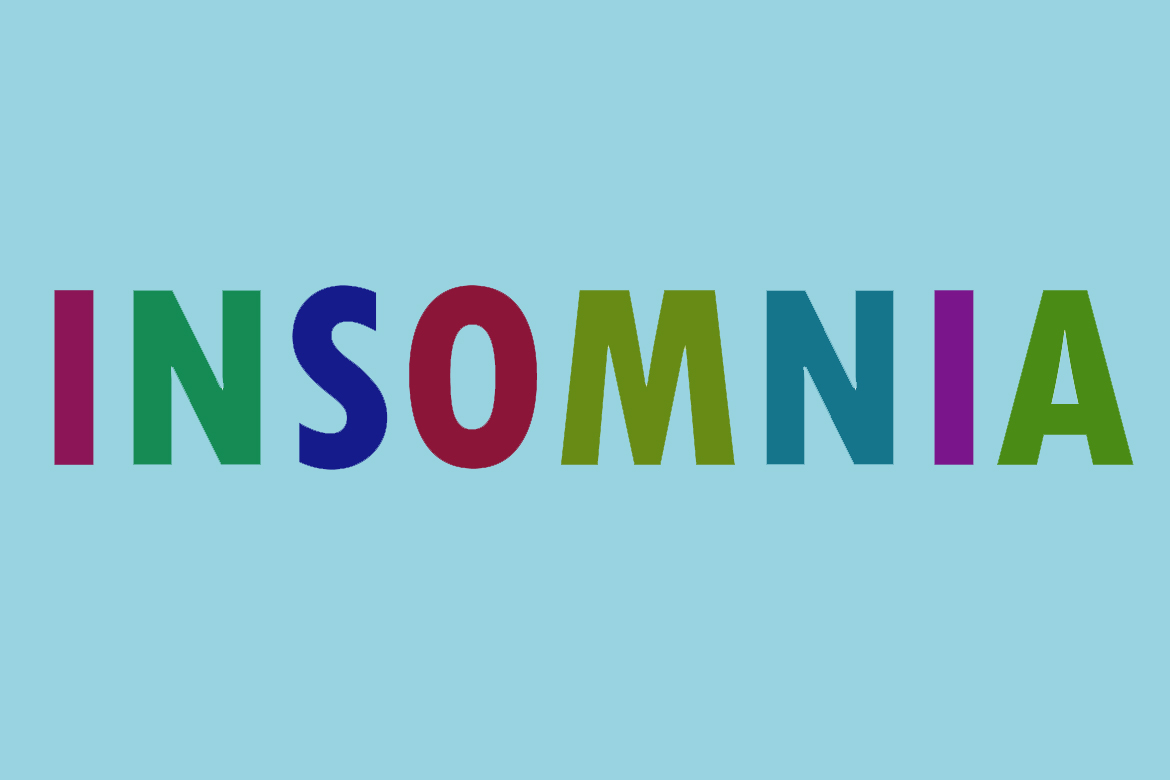Digestion is the breakdown of large insoluble food molecules into small water-soluble food molecules so that they can be absorbed into the watery blood plasma. In certain organisms, these smaller substances are absorbed through the small intestine into the blood stream.
Along with that recommendation, eating a diet low in saturated fat and high in vegetables, fruits, whole grains, legumes, soy products, nuts, and seeds provides excellent sources of foods to help digestion.
The most common problems associated with the digestive tract are diarrhea, constipation, irritable bowel syndrome (IBS), inflammatory bowel disease (IBD), and heartburn. These can be caused by many things, such as an unhealthy lifestyle, poor nutrition, a food sensitivity or even an infection.
The problems in the digestive tract often includes :
• Bloating – occurs in your abdomen (stomach). When you are bloated, you feel as if you’ve eaten a big meal and there is no room in your stomach. Your stomach feels full and tight. It can be uncomfortable or painful.
It is usually caused by excess gas production or disturbances in the movement of the muscles of the digestive system .
• Constipation – Being constipated means your bowel movements are tough or happen less often than normal. Constipation develops when stool becomes hard and difficult to pass. Reasons include a blockage and a low fiber diet.
• Diarrhea – is the passage of loose or watery stools, usually associated with the need to go to the toilet more than four times in a 24 hour period.
If diarrhea is the result of a bacterial or viral infection, it tends pass after a few days. This is known as acute diarrhea.
However, if you are suffering from diarrhea because of condition such as Irritable Bowel Syndrome (IBS), then it is likely that your symptoms will persist and last much longer and this is often referred to as chronic diarrhea.
• Heartburn – gastro-oesophagal reflux is an inflammation caused by reflux of the acid contents of the stomach into the lower part of the oesophagus. This gives an irritation, inflammation and ulceration of the oesophagus.
• Bleeding – is the loss of blood. It can be external, or outside the body .It can also be internal, or inside the body, like when you have an injury to an internal organ.
• Nausea and vomiting – Nausea is an uneasiness of the stomachthat often comes before vomiting. Vomiting is the forcible voluntary or involuntary emptying (“throwing up”) of stomach contents through the mouth.
• Pain in the belly (Abdominal )is pain that occurs between the chest and pelvic regions. Abdominal pain can be crampy, achy, dull, intermittent or sharp. It’s also called a stomachache. Inflammation or diseases that affect the organs in the abdomen can cause abdominal pain.
In most people today, digestion is very weak.
The reasons are:
1. Nutritional deficiencies.
2. Toxic conditions such as too many toxic metals and toxic chemicals in the body.
3. Eating irritating and even poisonous food.
4. Improper eating habits such as overeating, eating standing up, drinking liquids with meals, eating too many food combinations, eating too fast, not chewing enough etc.
5. Fatigue
6. An autonomic nervous system imbalance called Sympathetic Dominance.
How do you treat digestive problems?
Diet and lifestyle changes can make a big difference:
1. Cut back on fatty foods.
2. Avoid fizzy drinks.
3. Eat and drink slowly.
4. Quit smoking.
5. Don’t chew gum.
6. Exercise more.
7. Avoid foods that cause gas.
8. Avoid sweeteners that cause gas such as fructose and sorbitol.





